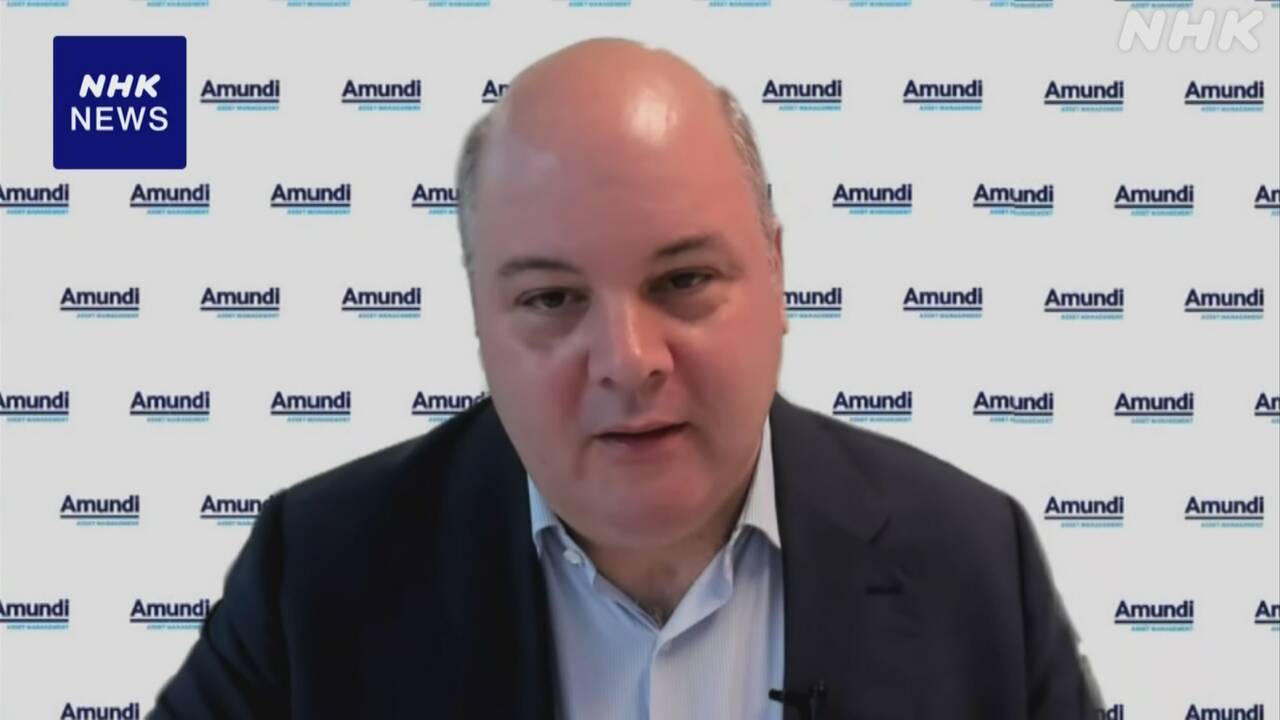In the Tokyo stock market, the Nikkei average stock price at one point rose to the 36,900 yen level this month, setting a new high since the bubble era of 1990. The investment manager of a major French asset management company that invests in Japanese stocks expressed his expectations for the reform efforts of Japanese companies that are behind the rise in stock prices.
Vincent Mortier, Chief Investment Officer of Amundi, a major French asset management company, recently gave an interview to NHK.
The balance of assets managed by this company's base in Japan was 6.8 trillion yen as of the end of September last year.
Commenting on the large rise in stock prices in the Tokyo market this month, Mortier said, ``Several corporate reforms have been implemented, which has had a positive effect.In Japan, too, we are competing and innovating, and in areas such as technology, we are expanding the market.'' An increasing number of companies are trying to expand their market share.This is very important,'' he said, expressing his expectations for the reform movements of Japanese companies.
He went on to point out, ``For years, we hadn't heard about Japan from our customers, and Japan was 'off the map,' but a lot has changed since last year.'' .
He also stated, ``More investors are selling Chinese stocks and buying Japanese stocks instead in order to capture growth opportunities in Asia,'' and there is a movement to shift funds from the Chinese stock market, where the economy is slowing, to Japanese stocks. I expressed this view.
On the other hand, regarding the impact if the Bank of Japan reversed its current monetary easing policy and decided to raise interest rates, he said, ``If the Bank of Japan were to suddenly raise interest rates sharply, it would surprise the market and cause stock prices to move negatively. I don't think that will happen.I think the Bank of Japan will carefully raise interest rates in a gradual manner while giving detailed explanations, so even if the policy changes, it will have a positive effect on the Japanese stock market.''
As for future concerns, he pointed out that ``What worries me is that prices will skyrocket too quickly due to short-term funds,'' and pointed out that it is important to increase the number of investors who evaluate Japanese stocks from a long-term perspective. .
According to the Tokyo Stock Exchange, the foreign ownership ratio of Japanese stocks was 4.7% in fiscal 1990 during the bubble period, but it has increased to 30.1% in fiscal 2022, and the presence of foreign investors is increasing.

